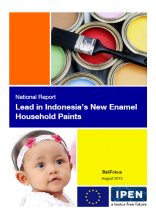Spacer
Google Translate
Highlights Front Roll
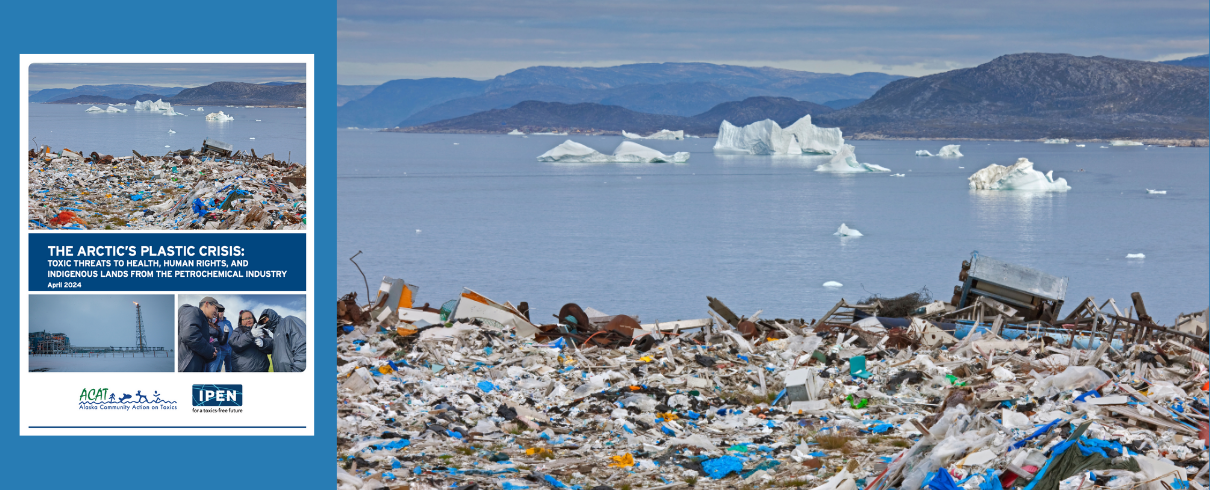
New Report: The Arctic’s Plastic Crisis

Plastics Treaty INC-4
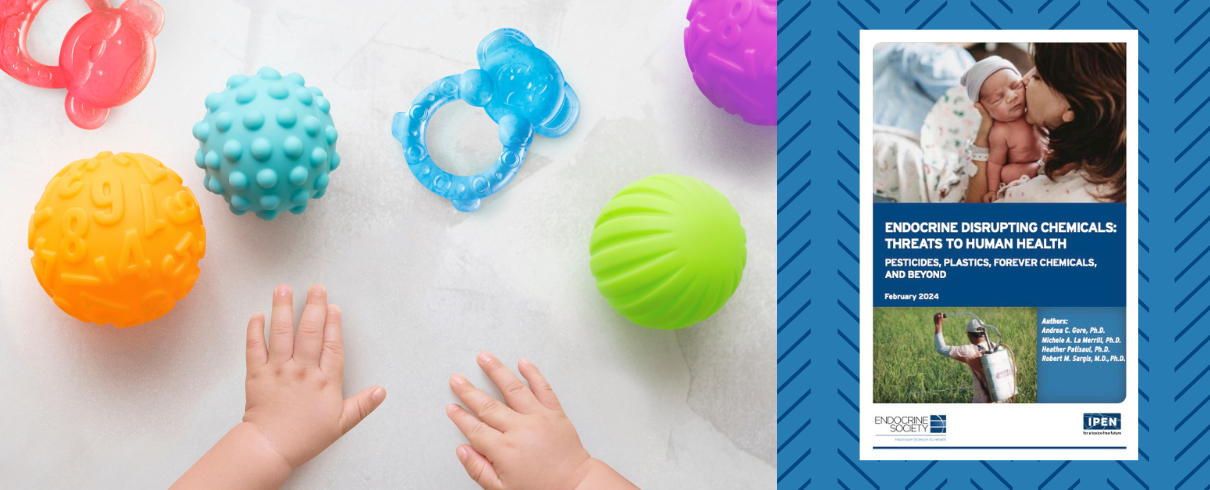
New Report: Endocrine Disrupting Chemicals: Threats to Human Health
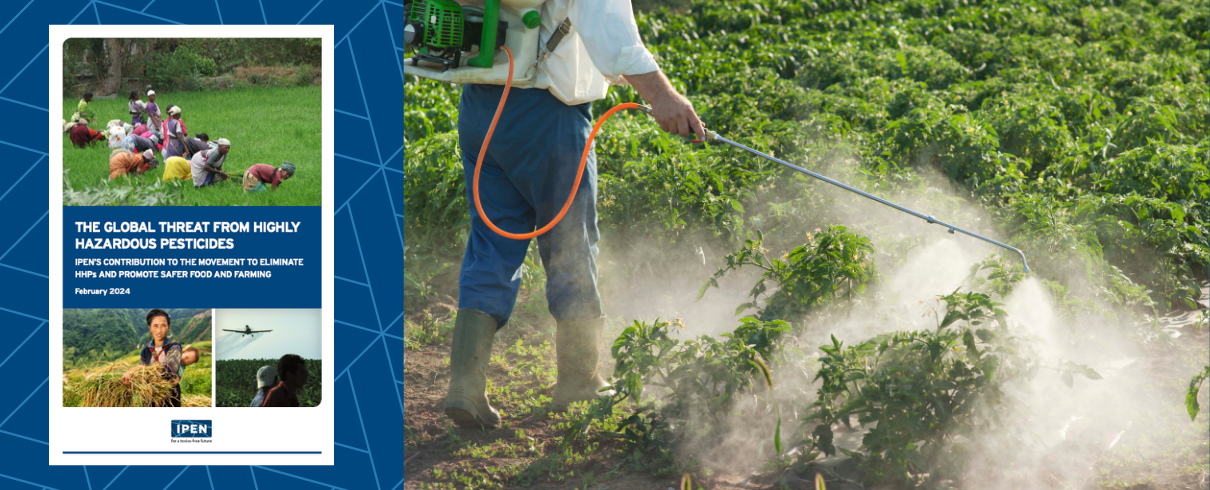
6th United Nations Environmental Assembly (UNEA-6)
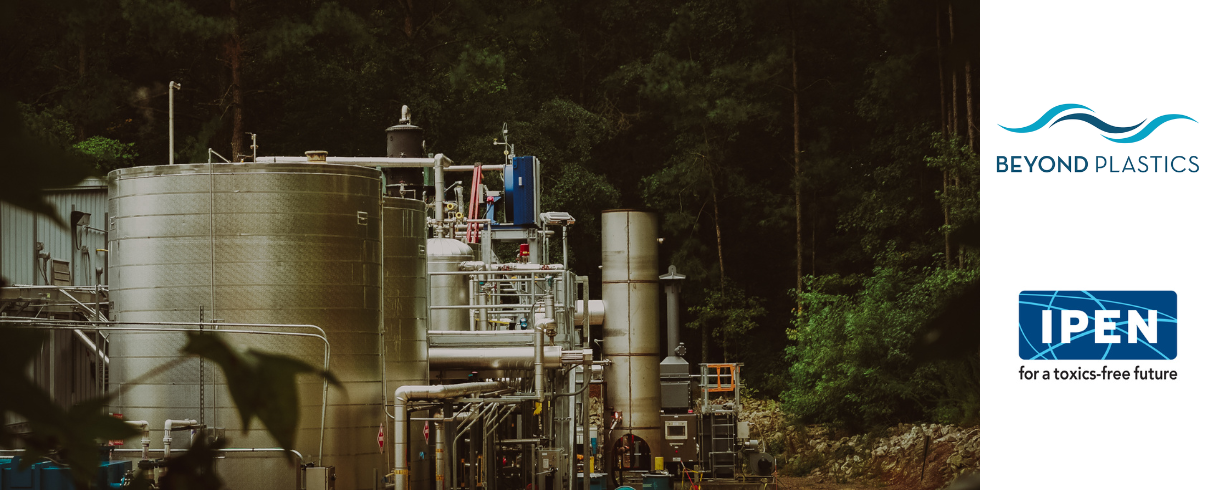
Chemical Recycling: A Dangerous Deception

See StopPoisonPlastic.org - our website on toxic plastics

Video: Plastics Poisoning Our Health


